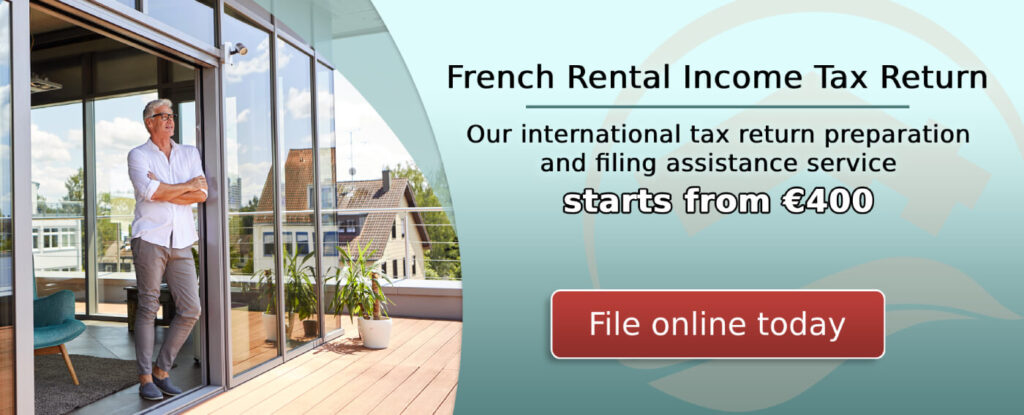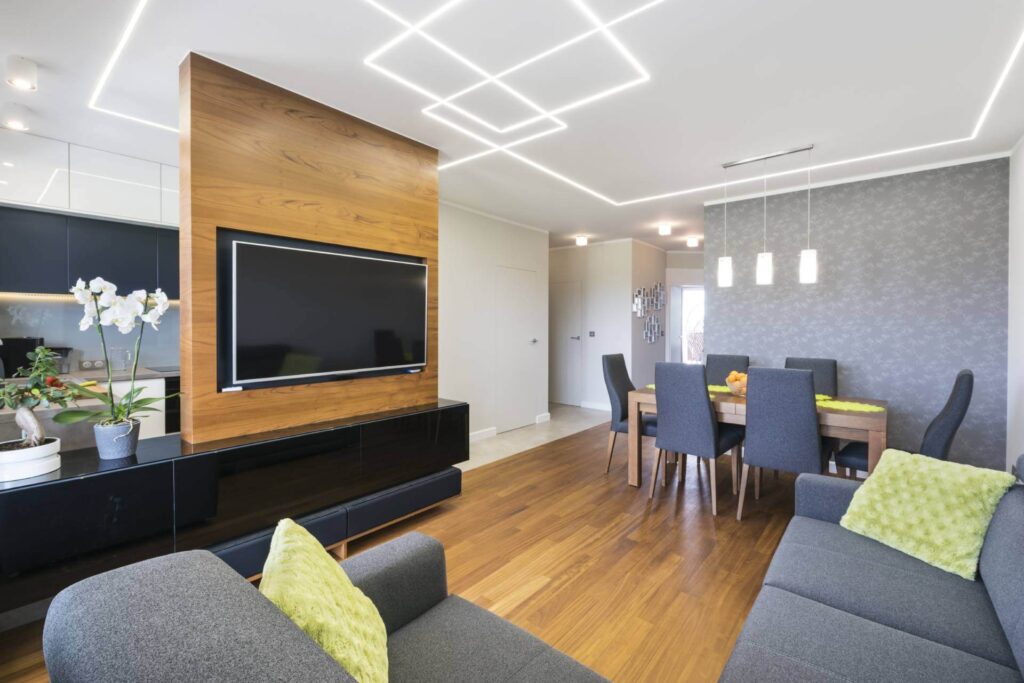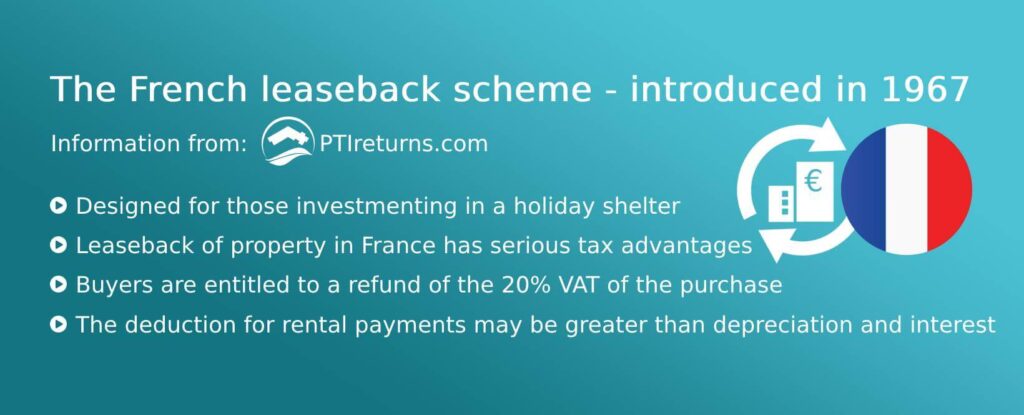Last Updated on January 9, 2025
If you are investing or owning a leaseback property in France as a non-resident, there are specific tax regulations and obligations that we will explain in this guide.
Leaseback property is a unique scheme in France, which is becoming even more popular.
What are the advantages and disadvantages of having a leaseback property? What exactly is a leaseback and how does it work?
If you are looking for a hassle-free investment in property in France, especially in tourist destinations, buying a leaseback may be right for you. In this guide, you will find everything you need to know.
- In this article:
- What is a leaseback property?
- Who needs leaseback?
- What is the difference between a leaseback and a furnished rental property?
- What is the French leaseback property scheme?
- What are the leaseback and tax advantages in France?
- Will I have to pay tax on my rental income in France?
- What is the income tax for non-residents and residents in France?
- What forms should I file for my French property?
- Can I file my French tax return online?
- I still need help with my French tax return. Who can assist me?
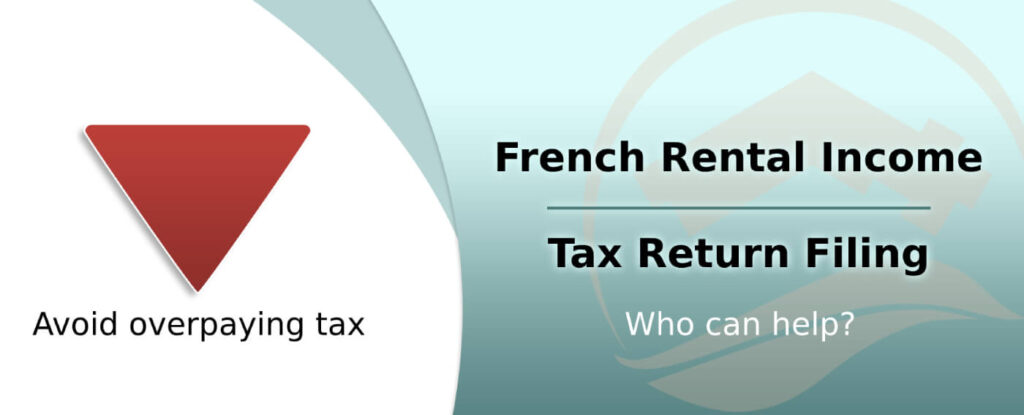
What is a leaseback property?
A leaseback is an arrangement in which the company / tradesperson that sells the property, can lease back the same real estate from the purchaser.
In this situation, the company / business owner can continue to use the property, but no longer owns it. In the transaction, the seller becomes the lessee and the purchaser becomes the lessor.
A leaseback property transaction is the purchase of a freehold furnished property in a serviced residential building. Buyers own the freehold of the property, which is then leased back to a management company for a period of 20 years.
FILE YOUR FRENCH PROPERTY TAX RETURN ONLINE
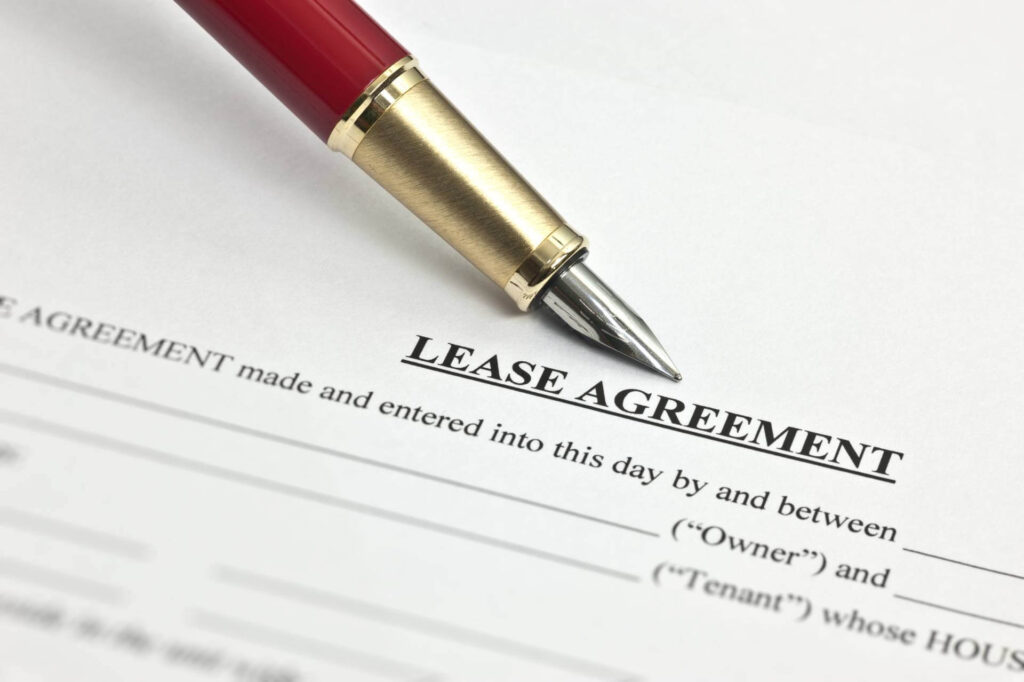
Who needs leaseback?
Companies use leaseback when they want to use the money invested in a property for other business goals, but want to use the same property to operate their business.
In this situation, the company can get both the property it needs to operate its business and the money from its sale.
Also, people who want to invest their money in a property and have a guaranteed annual income without any hassle of renting and managing it, with an option to use it for their own holiday.
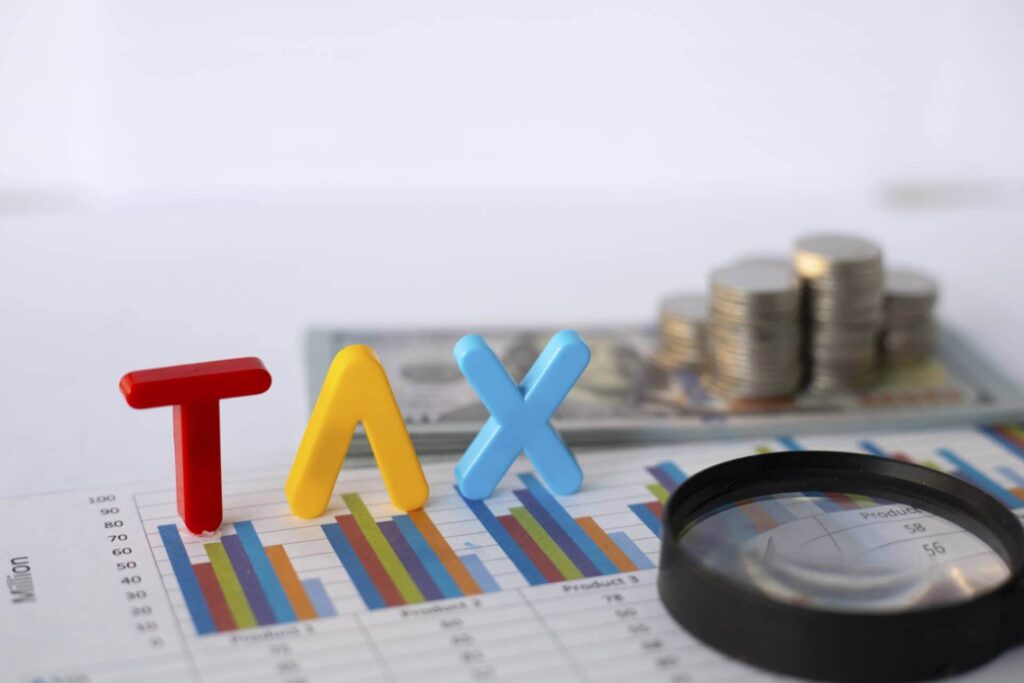
What forms should I file for my French property?
– If your rental income is taxed in the category of property income (“revenus fonciers”) under the simplified regime of “micro-foncier”, then you just have to file the tax form 2042.
– If your leaseback property is unfurnished, and your rental income is in the category of “revenus fonciers”, then you have to file 2042 and 2044 tax forms as well as VAT claim – 3562 form if you have paid VAT on expenses.
– If your leaseback property is furnished, then your rental income is in the category of the Business income – Bénéfices industriels and commerciaux (BIC). You have to file the business form 2031 and the annexes 2033-A-2033D, and the personal tax returns – forms 2042, and 2042 CPro.
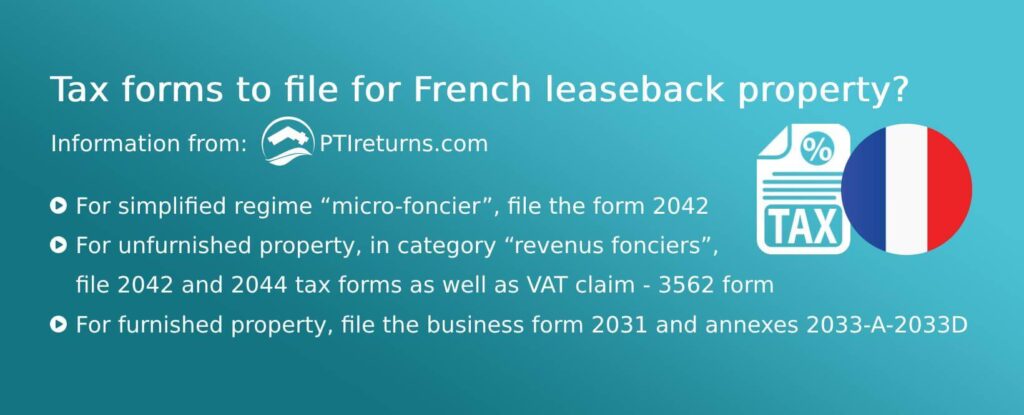
Can I file my French tax return online?
It is obligatory that business tax returns should be filed online.
That is why you need to create a business online account (Espace Professionnel) on the French tax office website, using your number SIREN, and a valid e-mail address.
You can file your personal tax return online too. To create your personal online account (Espace Particulier) you need to have the following 3 tax identification numbers (or if you have already created your online account):
- Numéro fiscal: This 13-digit number is located on the top of the first page of your last tax return (“déclaration de revenus“) or on your last tax bill (“avis d’imposition“).
- Numéro de télé-déclarant: This 7-digit number is located on the top of the first page of your last tax return (“déclaration de revenus“).
- Revenu fiscal de référence: this number is located on your last tax bill (“avis d’imposition“).
To create your online account, you need to type in your 3 tax identification numbers and follow the procedure on this website: Mon compte fiscal en ligne.

I still need help with my French tax return. Who can assist me?
The French tax system is really complicated, but help is at hand.
(Property Tax International) PTI Returns offers a variety of tax return services. Our tax experts will assist you with the entire process of filing tax forms in respect of rental income.
PTI Returns can also create a personal or business account on the French tax office website instead of you.
Tax experts will keep you updated throughout the entire process and communicate directly with the French tax office on your behalf.
Need help? Then don’t hesitate!
